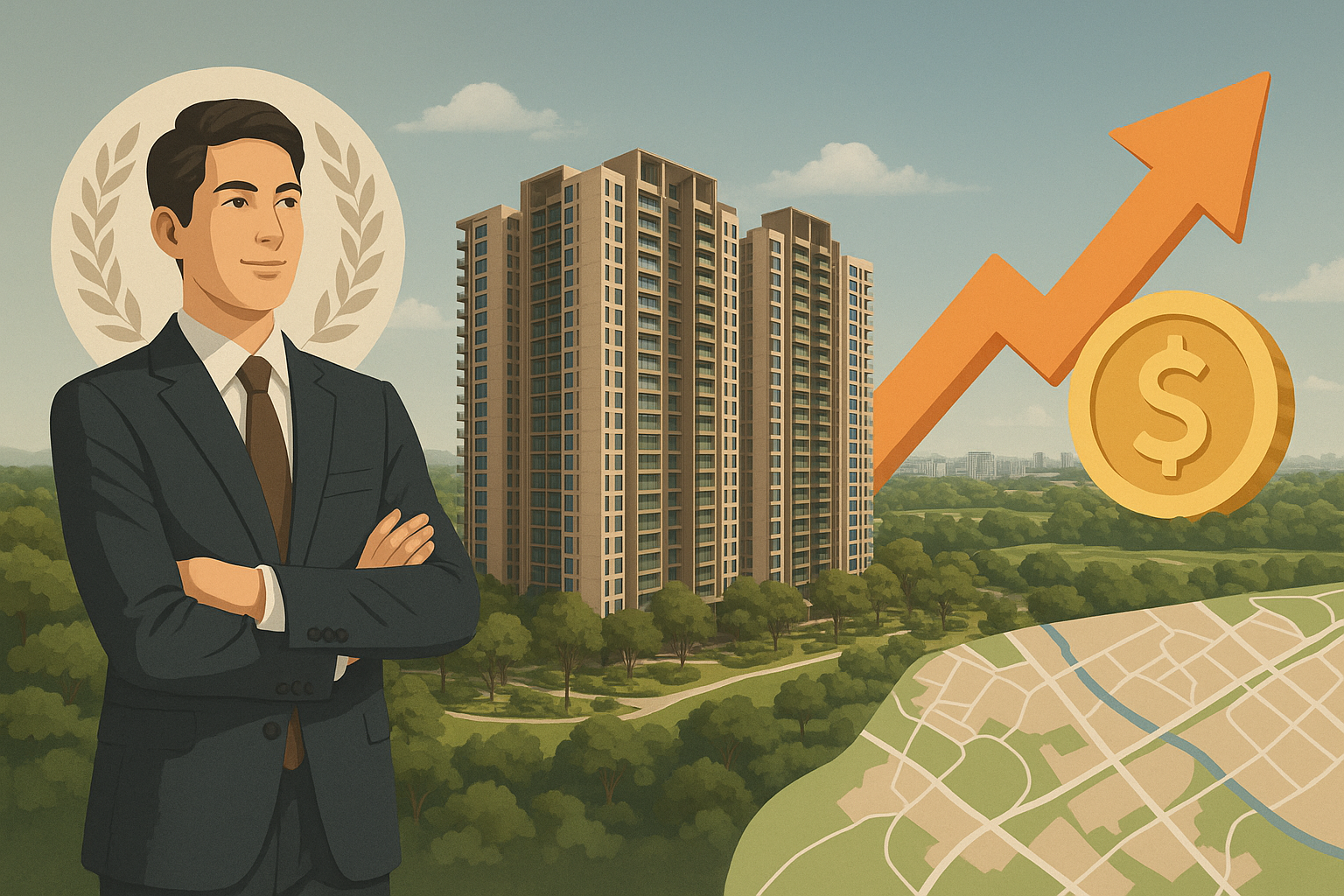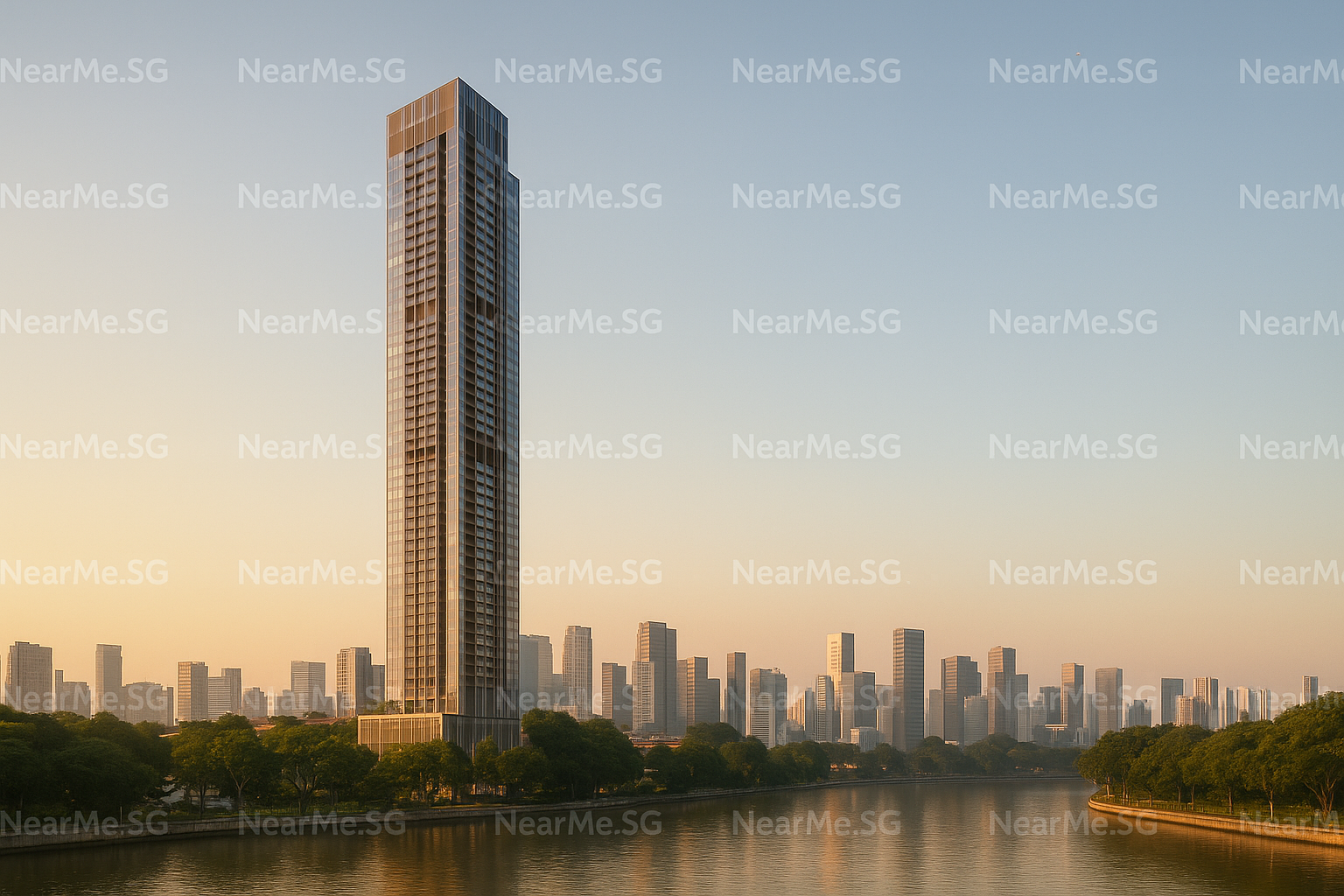
Decoupling Property: A strategic approach used by homeowners to separate ownership interests in a property, with the goal of avoiding substantial taxes when purchasing a second residential property. By transferring ownership shares between co-owners, individuals can sidestep the Additional Buyer’s Stamp Duty (ABSD) and facilitate future property acquisitions. However, it’s essential to navigate the legal implications and costs associated with decoupling. 🏠🇸🇬
ABSD, Decoupling, and Financial Strategy
The Singaporean government introduced the Additional Buyer’s Stamp Duty (ABSD) as part of its suite of “cooling measures.” The primary aim? To curb speculative property buying and discourage the rapid flipping of real estate for profit. Here’s the lowdown:
- What Is ABSD?
- ABSD stands for Additional Buyer’s Stamp Duty. It’s an additional tax layer imposed on top of the standard Buyer’s Stamp Duty (BSD) when purchasing residential properties. Whether you’re eyeing that swanky private condo or a cozy HDB flat, ABSD taps you on the shoulder and says, “Hey, there’s a little extra to pay.”
- The intent? To nudge investors away from excessive property speculation and promote a more stable market.
- The ABSD Impact on Couples:
- Picture this: You’re a couple with dreams of owning multiple properties. ABSD enters the scene. If you decide to invest in more than one property, brace yourselves for a substantial property tax bill.
- The math is straightforward: The more properties you acquire, the higher the ABSD you’ll need to fork out. It’s like paying for extra toppings on your pizza—except this topping is a percentage of the property’s purchase price.
- Decoupling: The Clever Escape Route:
- Enter the savvy Singaporean couples (or co-owners). They’ve got their eyes on that second property, but they’re not about to hand over their hard-earned cash to ABSD.
- Their secret weapon? Decoupling. It’s a legal maneuver where one co-owner gracefully transfers their share of the property to the other. Voilà! Suddenly, the spouse becomes the sole owner, and the ABSD tax vanishes into thin air.
- The result? The newly minted sole owner can now waltz into the property market as a “first-time buyer,” unencumbered by ABSD. It’s like getting a backstage pass to the property party.
- The Loan Boost:
- But wait, there’s more! The spouse who sold their share? They’re now armed with a secret weapon of their own. With solo ownership, they can strut up to the bank and request a higher loan amount.
- The Loan-to-Value (LTV) limit? Suddenly, it feels like a velvet rope they can breeze past. “Why, yes, I’d like a mortgage with extra zeros, please.”
- The Smart Move:
- Many husbands and wives in Singapore buy homes separately by decoupling their property. It’s a strategic dance—one that reduces the sting of that ABSD.
- Whether it’s to save on taxes or expand their property portfolio, decoupling allows households to acquire multiple properties without incurring significant stamp duties.
Decoupling HDB, Executive Condo (EC) or Private Properties
- HDB Decoupling: Except in divorce cases, HDB prohibits part sales between couples. Decoupling is not allowed for HDB flats with unpaid loans. Note: HDB flat owners can transfer ownership only under specific circumstances (e.g., medical reasons, divorce) but not for decoupling.
- EC & Private Properties: Decoupling is legally acceptable for EC and private properties, except for EC properties owned within ten years. Jointly owned private properties can be decoupled.
Cost of Decoupling Property VS Savings From ABSD
Case Study:
| Husband John, Age 35, Income $10,000 SGD monthly Wife Tina, Age 33, Income $10,000 SGD monthly Current: Couple owns a 2 Bedder private condo 700 sqft, bought at $1.2M SGD (now worth $1.5M SGD) Upgrade Plan: Purchase a 2nd property 1000 sqft $2.0M SGD for investment | |
| (a) Potential cost savings of ABSD of $400K SGD | ABSD rate 20% of $2.0M SGD |
| (b) Cost of decoupling $24,100 SGD: | – Legal fees: $6000 – No early loan redemption penalty as loan has passed its lock in period – Buyer Stamp Duty: $17,100 – No Seller Stamp Duty as current property has been held for more than 3 years – Valuation Fee: $1000 |
| Total cost savings of $370K SGD | (a) deduct (b) |
How to Decouple Private Property in Singapore
Decoupling private property in Singapore involves several steps:
- Engage a professional: It is advisable to seek the help of a qualified lawyer or property consultant who specializes in decoupling transactions. They will guide you through the process and ensure that all legal requirements are met.
- Review existing property ownership: Determine the current ownership structure of the property and assess whether decoupling is a feasible option.
- Consider financial implications: Decoupling may have financial implications such as additional stamp duties or legal fees. It is important to evaluate these costs before proceeding with the decoupling process.
- Prepare the necessary documents: Gather all the required documents, such as identification documents, property title deeds, and any relevant agreements or contracts.
- Submit application: Work with your lawyer or property consultant to prepare and submit the necessary application to the relevant authorities.
- Monitor the progress: Keep track of the progress of your decoupling application and address any queries or requests for additional information promptly.
- Completion of decoupling: Once the decoupling process is approved, the property ownership will be restructured according to the agreed terms.
Tips for Decoupling Property
Decoupling property can be a complex process, so here are some tips to help you navigate through it:
- Seek professional advice: Engage a qualified lawyer or property consultant who has experience in decoupling transactions to ensure that the process is carried out correctly.
- Consider the financial implications: Understand the costs involved in the decoupling process, including legal fees, stamp duties, and any other related expenses.
- Plan for the future: Before decoupling, consider your long-term goals and the implications it may have on your finances and property ownership.
- Stay updated on regulations: Keep yourself informed about any changes in property regulations or tax laws that may affect the decoupling process.
- Communicate openly: If you are decoupling with a spouse or family member, ensure that there is open and transparent communication throughout the process to avoid any misunderstandings or conflicts.
Decoupling property in Singapore can be a beneficial strategy for individuals who wish to restructure their property ownership. By understanding the process and seeking professional guidance, you can navigate through the decoupling process smoothly and achieve your desired outcome.
RELATED POSTS
View all




